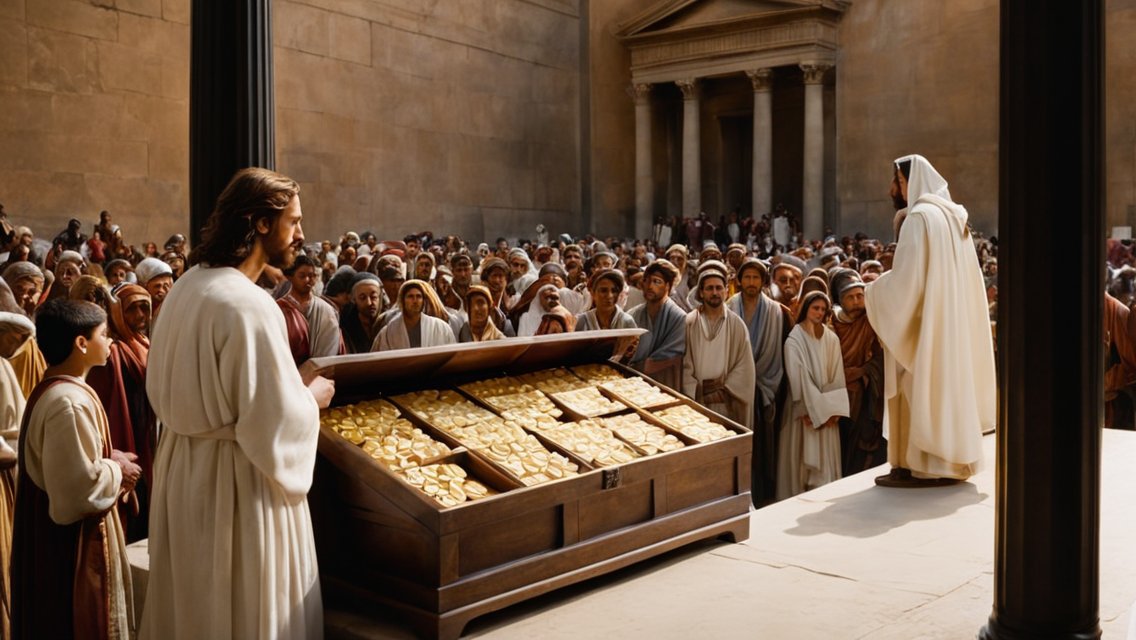Eighth Sunday Homily of the Ordinary Time – Year B
Readings: Hos 2:16-17, 21-22, 2 Cor 3:1-6, Mk 2:18-22
1st Reading – Hosea 2:16-17:21-22
16 Therefore, I will allure her now; I will lead her into the wilderness and speak persuasively to her.
17 Then I will give her the vineyards she had, and the valley of Achor as a door of hope. There she will respond as in the days of her youth, as on the day when she came up from the land of Egypt.
21 I will betroth you to me forever: I will betroth you to me with justice and with judgment, with loyalty and with compassion;
22 I will betroth you to me with fidelity, and you shall know the Lord.
Responsorial Psalm – Psalms 103:1-2, 3-4, 8-10, 12-13
R. The Lord is Compassionate and Gracious.
1 Bless the Lord, my soul;
all my being, bless his holy name!
2 Bless the Lord, my soul;
and do not forget all his gifts,
R. The Lord is Compassionate and Gracious.
3 Who pardons all your sins,
and heals all your ills,
4 Who redeems your life from the pit,
and crowns you with mercy and compassion,
R. The Lord is Compassionate and Gracious.
8 Merciful and gracious is the Lord,
slow to anger, abounding in mercy.
9 He will not always accuse,
and nurses no lasting anger;
10 He has not dealt with us as our sins merit,
nor requited us as our wrongs deserve.
R. The Lord is Compassionate and Gracious.
12 As far as the east is from the west,
so far has he removed our sins from us.
13 As a father has compassion on his children,
so the Lord has compassion on those who fear him.
R. The Lord is Compassionate and Gracious.
2nd Reading – 2 Corinthians 3:1-6
1 Are we beginning to commend ourselves again? Or do we need, as some do, letters of recommendation to you or from you?
2 You are our letter, written on our hearts, known and read by all,
3 shown to be a letter of Christ administered by us, written not in ink but by the Spirit of the living God, not on tablets of stone but on tablets that are hearts of flesh.

4 Such confidence we have through Christ toward God.
5 Not that of ourselves we are qualified to take credit for anything as coming from us; rather, our qualification comes from God,
6 who has indeed qualified us as ministers of a new covenant, not of letter but of spirit; for the letter brings death, but the Spirit gives life.
Alleluia – James 1:18
R. Alleluia, alleluia.
18 He willed to give us birth by the word of truth that we may be a kind of firstfruits of his creatures.
R. Alleluia, alleluia.
Gospel – Mark 2:18-22
18 The disciples of John and of the Pharisees were accustomed to fast. People came to him and objected, “Why do the disciples of John and the disciples of the Pharisees fast, but your disciples do not fast?”
19 Jesus answered them, “Can the wedding guests fast while the bridegroom is with them? As long as they have the bridegroom with them they cannot fast.
20 But the days will come when the bridegroom is taken away from them, and then they will fast on that day.
21 No one sews a piece of unshrunken cloth on an old cloak. If he does, its fullness pulls away, the new from the old, and the tear gets worse.
22 Likewise, no one pours new wine into old wineskins. Otherwise, the wine will burst the skins, and both the wine and the skins are ruined. Rather, new wine is poured into fresh wineskins.”
Homily
Love’s Letters and East’s fetters
“You are a letter from Christ written
not with ink but with the Spirit of the living God”
Romeo fell so madly in love with Julia that he resolved to write her a letter every single day of the year to express his limitless love. Thereafter, Romeo penned letters laced with love and posted them every morning. After a year, Julia married the postman. Today’s readings speak of love letters – not daily ones, but eternal ones – from God.
When the fully translated Gujarati Bible appeared early l980s, a devout Catholic was aghast when some Hindutvavadi fundamentalists told him that the Bible was full of sexual, pornographic language. The allegation was against the ‘Song of Songs’ wherein the sensual relationship between man and woman mirrors the love between God and people. Likewise, today’s readings express love language.
Hosea prophesies at a time (approx. 750-721 BC.) When the people rejected Yahweh and succumbed to the cult of Baal that focused on the idea of a marriage between the deity and worshippers. God tells Hosea to wed a whore, Gomer, (1:2) symbolizing a “land that commits great whoredom by forsaking the Lord.” Conversely, Yahweh is faithful and woos Israel to remain eternally wedded to her: “I will lure her and speak to her heart!” God’s love letter continues, “I will betroth you forever with tenderness and love!”
The psalm (103) fittingly reechoes the theme of the readings: “The Lord is compassion and love.” From individual thanksgiving, the psalmist proclaims praises of the community captivated by God’s compassionate, tender love.
The context of the second reading is the undermining of Paul’s authority by false prophets who demand ‘letters of recommendation’. It was customary in the Greek religion cultural milieu for itinerant preachers to carry letters recording the miracles they worked, visions they had and tongues they spoke. Paul boldly writes, “We need no letters of recommendation because you are yourselves our letter!” Paul reminds his flock: “You are a letter from Christ, written not on stone tablets but on tablets of your living hearts.”
Today’s gospel contains a “pronouncement story’ and two parables – of the new patch and wineskins. The 3 steps of the ‘pronouncement story’ are as follows: (a) the setting: John’s disciples are fasting; (b) the action: people ask Jesus, “Why don’t your disciples fast too?” and (c) the pronouncement, “You don’t fast at weddings!”
Wouldn’t it seem strange if you went suited and booted to a wedding and declined to dine with an “I’m fasting?” apology? Jesus puts both, feasting and fasting, on firm foundations by explaining them in the light of his ‘good news’ that is both, good, as well as new. “Don’t put old patches on new clothes or new wine into old wineskins!” For the Pharisees of Jesus’ time – and our own – the fettering ‘letter of the law’ is more vital than God’s love letters inviting us to faithfulness, fullness, freedom and fecundity.
Talking about weddings, early in 2006, Delhi’s capitalistic crorepatis were up in arms against the Delhi High Court’s order disallowing wedding feasts that disrupt public life. it is fitting that crass displays of wealth at weddings are curbed, more so, since thousands of poor freeze on the capital’s footpaths enduring ‘compulsory fasts’. Our feasting must respond to such fasting that dehumanizes our sisters and brothers.
A loquacious lover professed deep love for his fiancée. “Are you ready to die for me?” she queried, teasingly. “No!” replied he, “Mine is an undying love!” Evangelist Mark intends to put the cross of the ready-to-die Lever, Jesus, at the very start of his gospel. “On that day, they will last!” refers to Jesus’ Passover that will remain as lighthouse for subsequent passages.
We are God’s ‘love letters. Jesus marries us as individuals and as Church to Sign the world with compassionate, tender love. Do we see the Lover behind the letter? Or like Julia forget Romeo and many the postmen? Paul concludes, “Written letters bring death, but the Spirit gives Life.” Come Holy Spirit; stamp our life’s Setters with Love!





